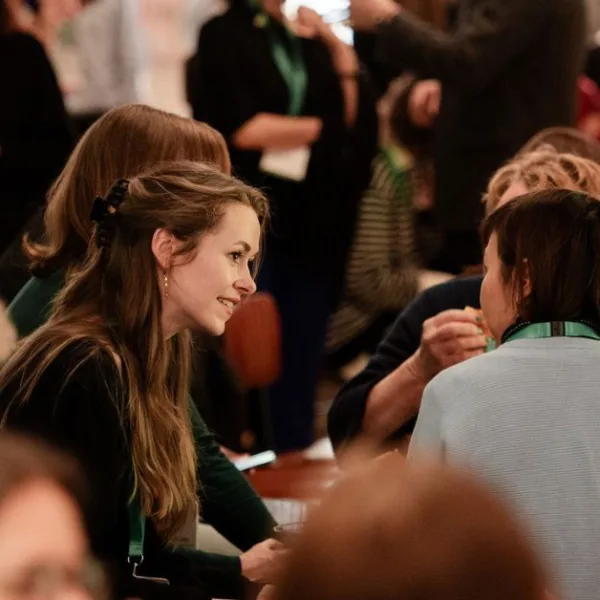Hana Mahmood saw something that inspired her life’s work in the streets of Rawalpindi in Pakistan – a mother cradling her lifeless child who had died of pneumonia, a disease that is preventable.
“It was heartbreaking to see that because the child would have been saved if the mother knew how to prevent pneumonia,” Hana says. “This particular incident is what inspired me because the prevention of pneumonia is very simple. All you need to do is maintain hygiene, immunise the child and keep breastfeeding them. All these things are possible even in resource-limited settings.
“You can keep your house clean because you do not need a lot of resources for that. Immunising your child is simple because the healthcare system and the government of Pakistan provide free vaccines across all healthcare facilities. These are all preventive interventions which do not require a single penny from your end. All these things could have saved the child who died.”
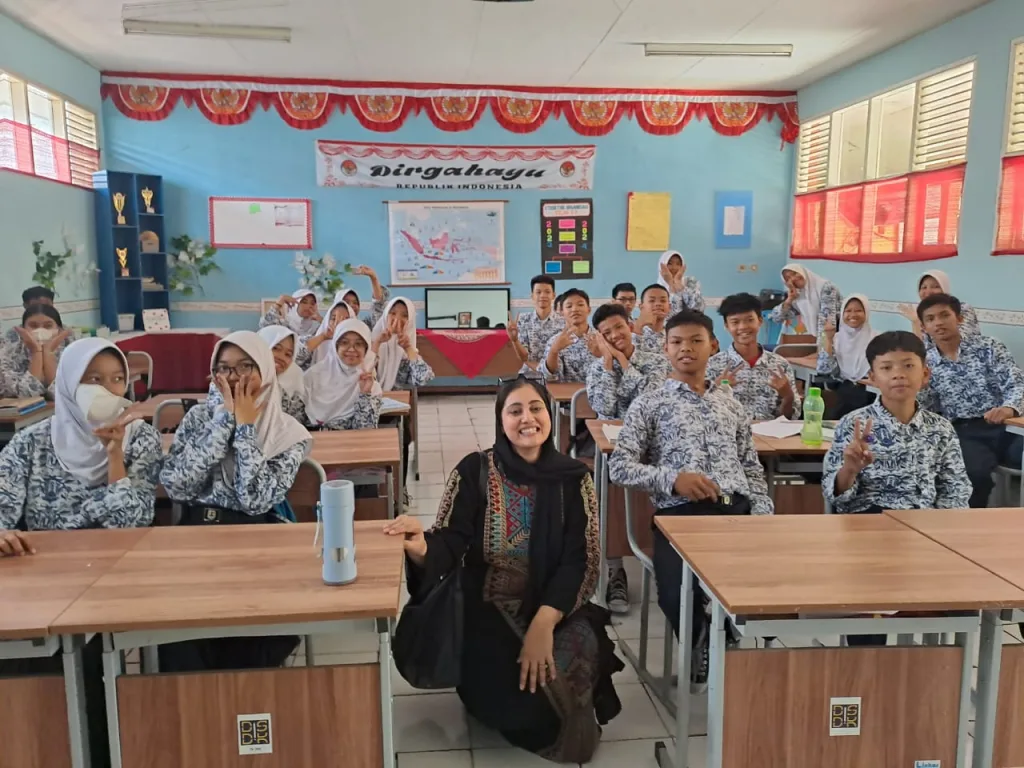
Transforming maternal health
Years later, as a doctoral student at the University of Edinburgh, Hana took that memory with her and transformed it into action.
At the time, she was working at NeoVentive Solutions, a research organisation that focuses on improving maternal and child health. The company is part of a research network called Respire, which is headed by the University of Edinburgh’s Usher Institute. Respire funded 11 PhDs across different countries in 2018.
Hana’s PhD research focused on using mobile technology to educate caregivers about pneumonia symptoms, as well as adequate nutrition especially in hard-to-reach communities. What began as a study turned into a movement. More than 60,000 caregivers across Pakistan have now received life-saving information, right on their mobile phones.
She says: “It is unlikely that poor health indicators will change if we don’t prevent illnesses from happening. One of the key killers of children under five years of age in Pakistan is pneumonia. Unfortunately, it’s a preventable illness but a lot of caregivers are not aware of the danger signs of this illness. If you don’t educate people about key killers, then there is no point in developing infrastructure. Hospitals will get overburdened with patients who are dying of preventable illnesses.
“That’s what keeps me motivated. I don’t want the children in this country to die of preventable illnesses. I want them not to get sick in the first place.”
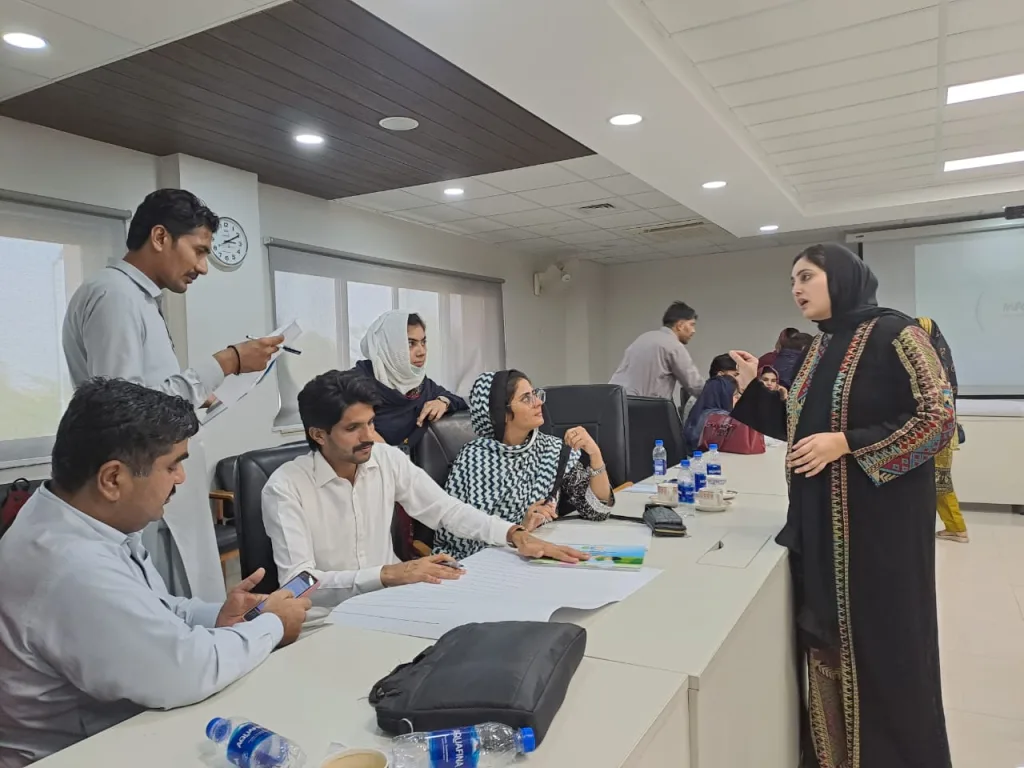
Making an impact
Hana recently became Chief of Global Health at NeoVentive Solutions, a role that she credits to her PhD.
“A lot of people I work with across different institutions recognised my PhD as a high-value one,” she explains. “This helped me in engaging with them on different activities and different research projects. I’m also part of the technical working group for the development of various strategies and policies in Pakistan for the Ministry of Health and the Ministry of Planning. When they found out about this PhD, they welcomed me into their working groups and valued my expertise.”
Hana’s as Chief of Global Health involves overseeing all the public health projects the organisation is doing. However, Hana says there were challenges in carrying out this work in Pakistan. “People are often not aware of their own rights, so making them realise that this is important and needs to change can be very challenging.
“For example, we are currently working on developing a national policy for healthy diets in Pakistan. This involved engaging with different communities to understand their perspectives on healthy diets. It was very surprising that we found out that the majority of the population in Pakistan are not aware of what a healthy diet entails because a lot of people live below the poverty line. Their main aim is not to hassle themselves around what a healthy diet is. They just want to fill their tummies, but because of this issue, a lot of children in our country are stunted because whatever food they’re eating is improperly consumed. We are struggling to make people understand that just because you’re filling your stomach doesn’t mean that you are getting nourished and that you have to have a balanced diet.
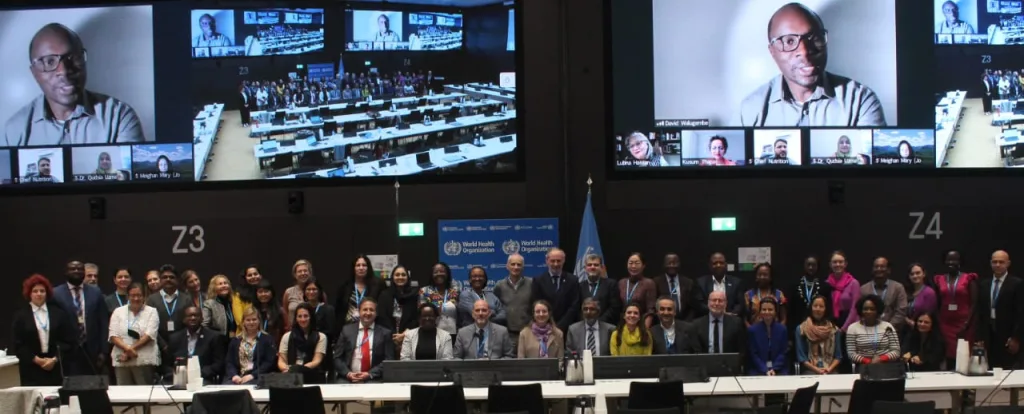
Influencing policy
One of Hana’s most significant contributions to public health was leading fieldwork for Pakistan’s first national psychiatric morbidity survey. This involved months in the field, hundreds of team members, and late-night data checks. The survey gave voice to more than 11,000 households and forced mental health into the spotlight of national policy.
She says: “It was a very interesting experience because we had just started working on mental health. Being a part of this national survey added value because we were able to identify the key mental illnesses in the country and advocate for the right policy for Pakistan. We are now working on developing mental health programs around those findings.
Hana was a finalist in the Being Edinburgh Award. She says: “I’m very thankful to my colleagues who nominated me for this award. When I found out that I was among the top four among 97 applicants from across the world, I found it to be a very privileged opportunity.”
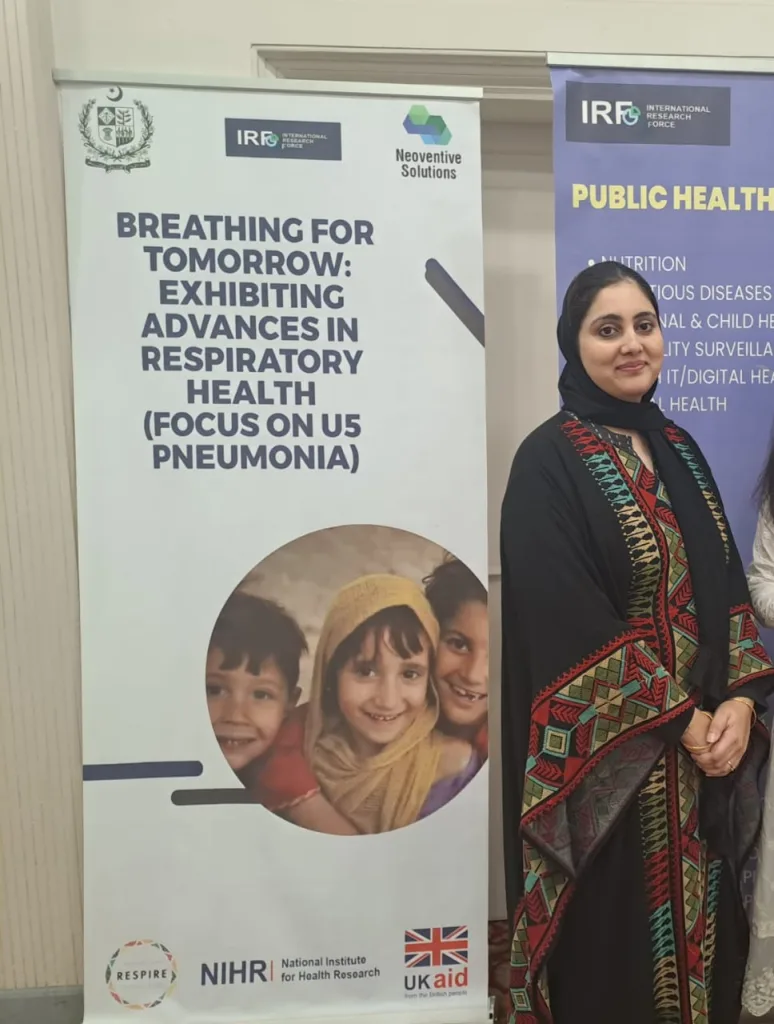
Hana advises those who want to make an impact to “think about what would benefit your community”.
She adds: “Often when we are studying we are just thinking about completing our degree, finding a job and then getting paid at the end of the day. You have to be selfless to develop an impact. That’s my basic advice because if you start thinking about what’s in it for you then you might not achieve the actual impact.
“Think about how you can give back to the communities where you were born, where you where you grew up. There’s a lot that the community gave to you so giving back is something that can help in developing that impact.”



